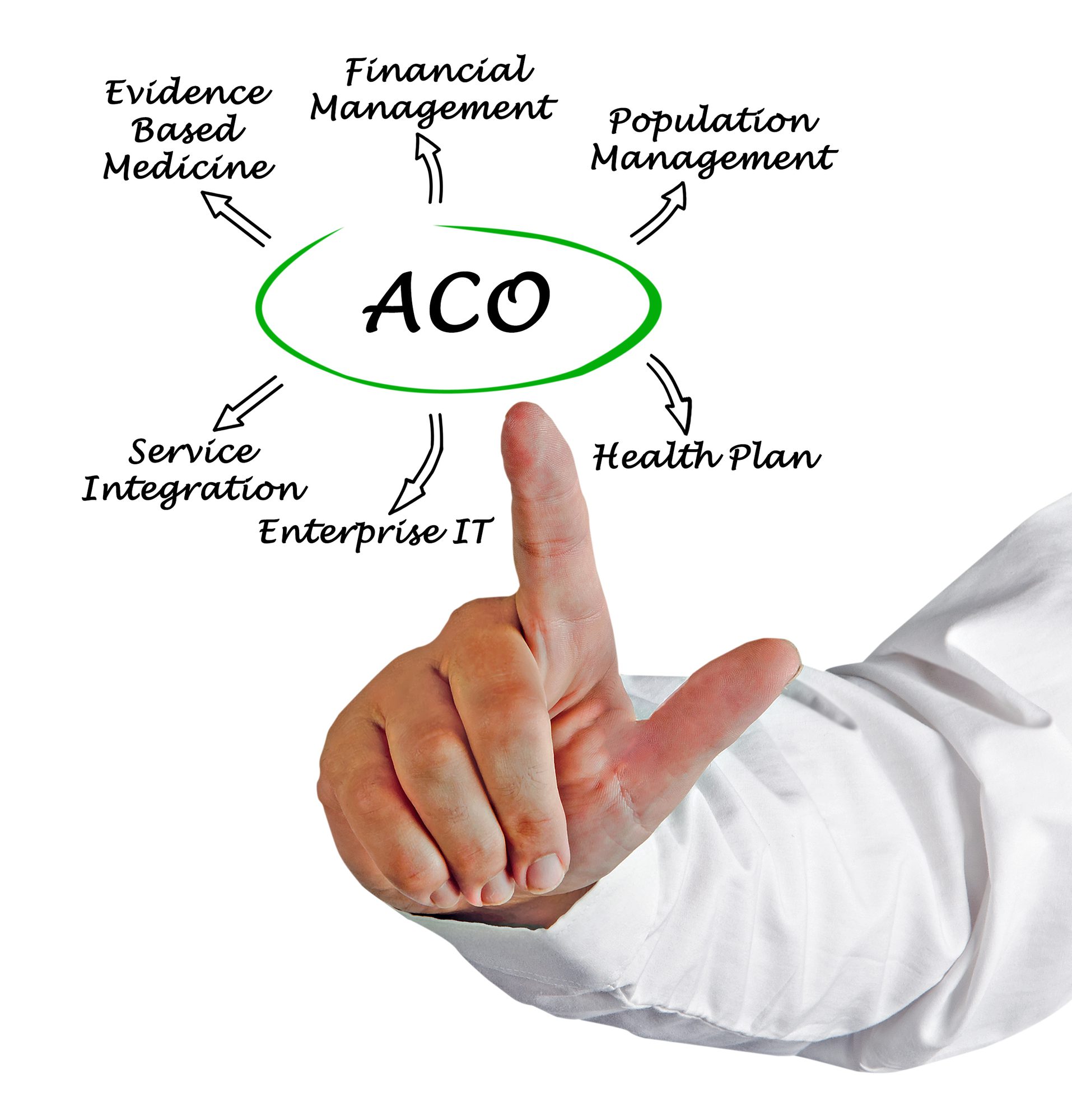In recent years, the landscape of healthcare has undergone a significant transformation, driven by a growing emphasis on improving patient outcomes while controlling costs. One of the most notable innovations in this shift is the introduction and expansion of the Accountable Care Organization (ACO) model. Understanding what ACOs are, how they function, and their impact on patient care is essential for anyone navigating the healthcare system today.
What is an ACO?
An Accountable Care Organization (ACO) is a network of healthcare providers, such as doctors, hospitals, specialists, and other health professionals, who come together voluntarily to coordinate care for a specific patient population. The core goal of an ACO is to ensure that patients receive the right care at the right time, avoiding unnecessary tests, procedures, or hospitalizations, while maintaining or improving the quality of care.
The concept was introduced as part of the Affordable Care Act (ACA) in 2010, with the aim of shifting healthcare delivery from a fee-for-service model—where providers are paid for each individual service—to a value-based model that rewards quality, efficiency, and patient satisfaction.
How Do ACOs Work?
ACOs operate under shared savings programs. Essentially, they are held accountable for the overall health outcomes of their patient populations and the cost of care provided. Here’s a simplified overview:
Care Coordination: ACOs promote integrated, coordinated care among various providers. For example, a primary care physician, specialists, and hospitals work collaboratively to develop and follow comprehensive care plans.
Data Sharing: ACOs utilize health IT systems to share data seamlessly, monitor patient progress, and identify gaps in care.
Quality Metrics: ACOs are evaluated based on specific quality benchmarks—such as patient satisfaction, preventive care measures, and health outcomes like reduced hospital readmission rates.
Financial Incentives: If the ACO successfully reduces costs while meeting quality standards, they share in the savings achieved from the healthcare system. Conversely, if costs exceed benchmarks or quality standards are not met, the organization may be responsible for some or all of the excess costs.
Benefits of the ACO Model
The shift toward ACOs offers many benefits for patients, providers, and payers:
Improved Patient Care: With a focus on prevention, early intervention, and care coordination, patients often experience better health outcomes and higher satisfaction levels.
Cost Savings: By reducing unnecessary services and hospitalizations, ACOs can lower overall healthcare costs.
Enhanced Communication: Better data sharing among providers leads to more informed decision-making and personalized care.
Focus on Quality: Emphasis on quality metrics ensures that patient care is not compromised in the pursuit of savings.
Challenges and Criticisms
While ACOs have shown promise, they are not without challenges:
Complexity: Managing coordinated care across multiple providers requires sophisticated systems and processes.
Financial Risks: Providers may face financial risks if they cannot meet cost or quality benchmarks, which might discourage participation.
Unequal Adoption: Not all providers or regions have the infrastructure or resources to participate effectively in ACOs.
The Future of ACOs
As healthcare continues to evolve, the role of ACOs is likely to expand. Policymakers and healthcare organizations are exploring ways to refine the model, incorporate new payment structures, and expand patient engagement initiatives. The ultimate goal remains clear: to provide high-quality, accessible, and affordable healthcare.
How Life Span Care Management Can Help as a Patient Advocate
Navigating the complexities of the healthcare system, especially within the ACO framework, can be overwhelming for patients. That’s where Life Span Care Management steps in as a dedicated patient advocate. We specialize in empowering individuals to make informed decisions about their healthcare, ensuring their needs and preferences are prioritized.
Our experienced care managers assist with coordinating appointments, understanding treatment options, and communicating effectively with healthcare providers within ACOs or other networks. We work to simplify the process, reduce stress, and help patients receive the comprehensive, personalized care they deserve. With Life Span Care Management, you don’t have to face the healthcare system alone—you have a trusted partner advocating for your well-being every step of the way.

